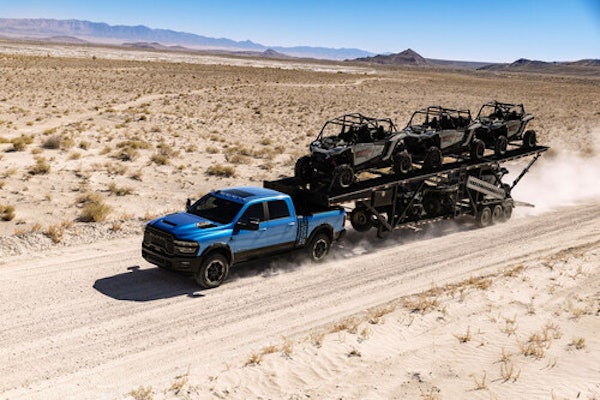Transportation officials are taking unique initiatives to ensure construction on the Woodrow Wilson Bridge in Washington, D.C., doesn’t cause any more traffic congestion than it has to. They plan to launch a program called “Bridge Bucks,” which will pay commuters to ride to work using public transportation or carpools.
The program, which is scheduled to start some time in the next few months, will last for at least a year and will be open to the first 1,000 commuters who pass through the bridge as they commute to work or school each day. Five-hundred commuters from Virginia and 500 from Maryland will be selected. As part of their payment, drivers will receive $50 a month in Metro passes or bus passes, or money sent directly to van/car pool operators to subsidize riders’ fares. For the first year of operation, the program is expected to cost about $745,000.
In addition to the “Bridge Bucks” plan, project managers will create a radio station to broadcast traffic updates, and roadway cameras will show what areas are most congested.
The Woodrow Wilson Bridge construction project began in 2000, but until this point most of the construction was in the water, where workers have been dredging and constructing the foundation. This month marks the start of the most intense part of construction, which is expected to make an already packed commuter route much more congested. The structure was originally designed to carry 75,000 vehicles a day on an important interstate/commuter route to and from D.C. But in recent years the bridge has been carrying approximately 200,000 vehicles in and out of the city.
The $2.56 billion expansion project is expected to last five years, although the first six-lane drawbridge is scheduled to open in 2006. After it opens, the old drawbridge will be taken down and replaced with a second six-lane structure. After it is completed, the bridge will have doubled in size, with eight general-use lanes, one carpool lane and one merge lane on each side.





